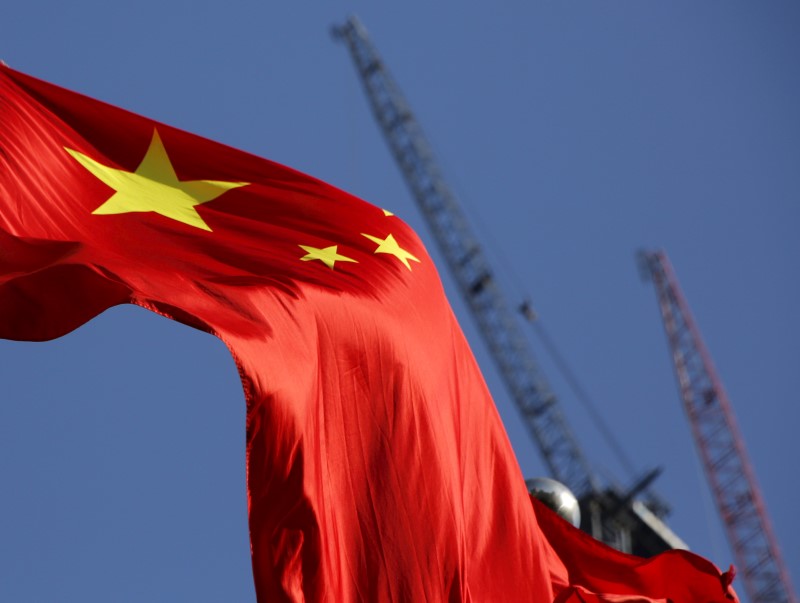(Bloomberg Opinion) -- The global economic development initiative that China calls “One Belt, One Road” is considered one of Beijing’s major instruments in its geopolitical conflict with the U.S. But it’s unlikely to do much to boost Chinese power as it helps most of the world.
QuicktakeChina’s New Silk Road
China is investing in fixed assets and infrastructure from southeast Asia to the Balkans and East Africa. That poses a danger to China that host countries will eventually nationalize the assets without giving China comparable value in return. It’s a lesson the U.S. learned when it lost control of the Panama Canal and Saudi Arabian oil assets.
I was struck by a recent deal between China and Montenegro that gave China the right to access land in Montenegro as collateral, in case Montenegro does not repay certain loans. This has upset people in Montenegro, and it makes China seem like an imperialist country with territorial designs. But there’s also a more benign interpretation: China is demanding land as collateral because it knows Montenegro is not creditworthy. The loan sent Montenegro’s ratio of debt to gross domestic product to almost 80 percent, from 63 percent in 2012.
To put that in context, let’s say you heard of a loan shark who threatened to break the fingers of borrowers who did not repay. You would sooner infer that was a risky, so-so investment rather than a sure winner.
In essence, China is playing the role of loan shark, and that is not obviously the way to get ahead in today’s world. If China did claim some land in Montenegro as recompense for a bad loan, it might find holding the asset to be more trouble than it’s worth, much as Amazon (NASDAQ:AMZN) decided to depart from a deal with New York because of hostility in parts of the city and state governments. If China tried to sell the land, a potential new buyer could never be sure of having enforceable title to the property.
Another problem with Belt and Road, at least from a Chinese point of view, is that China is dealing with many countries that are much smaller in terms of their GDP. There’s a tendency for small countries to renege on deals in hopes that big creditors won’t bother to make an example of them. You might think that smaller countries are easier for China to push around, and there is some truth to that. At the same time, both China and the small countries know that the small countries are not entirely masters of their fates, and so punishment strategies can be counterproductive or occasion more resentment than it is worth. Has the U.S. found it so easy to induce Honduras and Guatemala to stem the flow of migrants toward the border?
Keep in mind that debt reneging takes many forms. You don’t have to think that Montenegro or other borrowers from China will simply wake up one day and stop the payments. More plausibly, they will call up China and report that they expect financial trouble in the near future unless more loans come on increasingly favorable terms, or perhaps some previous contracts need to be renegotiated. This may not be a winning game for China. Malaysia, for instance, just renegotiated a planned Chinese rail link, with China cutting the cost by about one-third, because the previous deal became so unpopular in Malaysia.
On top of all these economic problems, China has proven remarkably poor at supplementing Belt and Road with soft power persuasive techniques using diplomatic and cultural influence. This is no accident, nor does it reflect some kind of stubborn unwillingness of the Chinese to learn to wield soft power tools. Rather, the problem is structural. Since the Chinese government does not derive legitimacy through normal democratic channels, much of its diplomacy and foreign policy have to be channeled to please domestic audiences, whether the citizens or coalitions within the Communist Party. The necessary internal presentation shapes incentives for Chinese foreign policy, and that in turn alienate the other countries China is dealing with.
Overall, it’s striking how few reliable allies China has, even though it has the world’s second largest GDP, a huge stash of foreign exchange and an increasingly impressive military. Instead, Chinese interference has become an election issue in many nearby countries, including the populous and strategically important Indonesia.
I think that Belt and Road will help much of the world develop. Let’s not panic and think that will always mean China will be in charge of what happens.
